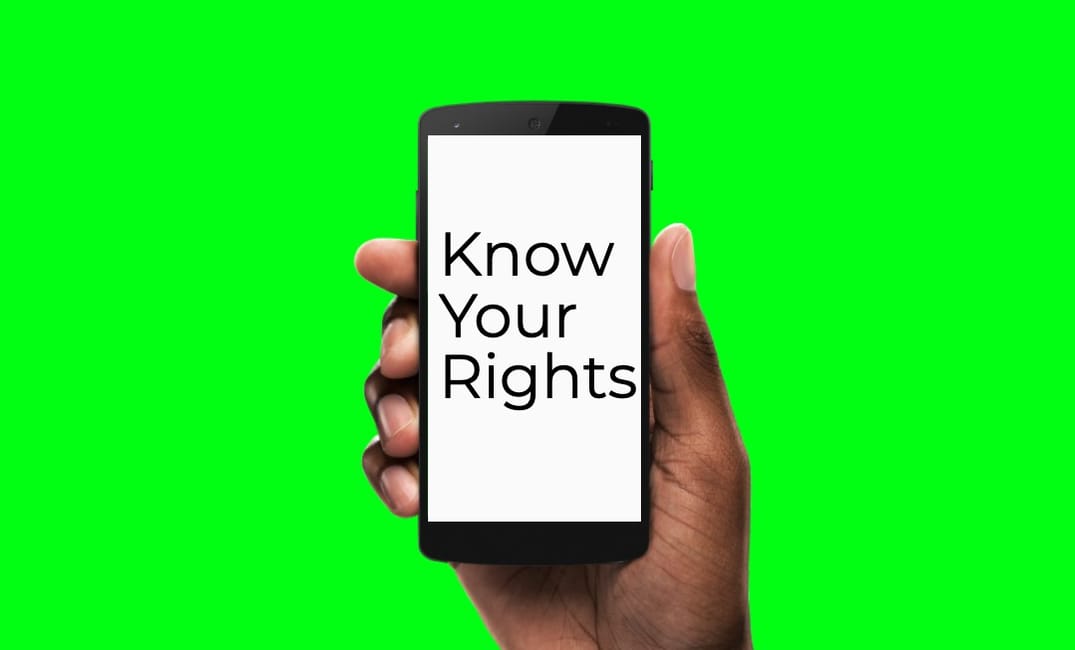Ellie Agu-Benson
The pandemic has seen an unprecedented upheaval in UK laws. Under Article 2 of the ECHR, the right to life, the British government has put in place numerous restrictions on the population in order to quash the threat of corona. The emergency health protection regulations that have been put in place endowed the police with new extensive powers to help contain and cope with the pandemic.

Support Us!
Support us by contributing as little as £1 so we can continue to give young people a voice and a platform they deserve
£1.00
What are these new powers and how are they impacting BAME people?
Police are able to detain people that might be infected, force them to take a test and place them in quarantine for an unlimited period of time. They enforce the lockdown restrictions through fines. These unprecedented new powers have drawn the attention of many human rights groups concerned with the state of civil liberties in the pandemic. They are especially fearful of the upholding of the right to liberty and the right to respect for family life. The restrictions also bring the fear that already over-policed areas will suffer as a result of the new powers.
This apprehension is not unfounded, with 24,933 Fixed Penalty Notices (FPNs) issued in England and Wales under Coronavirus Regulations to date, many civil liberties groups argue there have been numerous miscarriages of justice. Inconsistency in fining meant that some areas of the UK were 26 times more likely to issue fines than others, creating a “postcode lottery” fining system. This arbitrary approach to policing has led the Government Human Rights Commission to speak out against the fining system, claiming people are being charged “without any legal basis”.

Whilst the majority of refuted fines under the regulations have been found to be lawful, their claim is certainly evidenced by all 44 cases under the Coronavirus Act which have been deemed unlawful. What’s more, regulations are constantly changing and confusing to follow for many, creating another obstacle for the police handing out and the people receiving them.
The price of this inconsistency appears to be paid by Britain’s most vulnerable groups. In an investigation with the Guardian, the human rights group Liberty has found that a person of colour is 7 times more likely to be fined under lockdown restrictions. Since citizens of BAME backgrounds are disproportionately more likely to come into contact with the police, they also are disproportionately more likely to receive a fine. Liberty reported that the National Police Chiefs’ Council (NPCC), who publishes the data on FPNs, originally reported that 16% of fines had gone to BAME people, following the ethnic makeup in England. However, they quickly removed any ethnic data in their reporting in their subsequent reports. The Guardian on an independent analysis discovered that BAME people were 54% more likely to be fined than their white counterparts. The clear disproportionality of fine issuing on BAME people calls into question whether the fines are being issued correctly.
How can Common’s app make a difference?
This is where Commons comes in. Commons is a not for profit criminal law firm committed to social justice. They provide legal representation and advice for free at police stations, as well as in appeals of convictions on a number of cases. Most importantly their work goes beyond this through research and policy work.
Alarmed by the inconsistent policing patterns during the pandemic, Commons has created a free app and website to train individuals on their rights during lockdown restrictions. The app provides advice on the possible breaking of coronavirus restrictions in the past. Examining the key areas of restrictions of movement, gatherings, face coverings and travel restrictions, the app then presents the latest rules.
It endeavours to clarify the coronavirus laws, so explains to the user the subtleties to the restriction, defining important terms, and then informs them if they are breaking the restrictions. If the user is fined under the coronavirus regulations, Commons also provides a comprehensive coronavirus fines guide.
The app is essentially a step-by-step questionnaire that asks about someone’s encounter with the police. It is designed to find out what stage their case is at (e.g. are they not sure whether or not to pay the fine? Have they already paid it?) and, accordingly, tells them what their position is under criminal law. By explaining someone’s position under criminal law, they will have a better understanding of what they should do next – they might, for example, decide that they should contest the fine. The app helps to address the problem of inconsistent fining on BAME groups by presenting the accused with the correct knowledge they need to ensure their rights are upheld and miscarriages of justice are avoided. To this end, if a person of colour is issued a fine, they are able to act in an informed manner and recognise if they are being treated unfairly.
Moreover, the apps collect data from their users. Commons states that they will store all data collected responsibly, however, the data will prove a useful tool in trying to track inconsistent policing patterns during the pandemic. This inconsistency adds to the onslaught of poor policing that BAME people face and points to a larger problem of the over-policing of people of colour in the UK.
This app and the data it collects will be vital in holding police accountable for unlawful fining and ensuring a consistent approach to policing during the pandemic. The data provided from the app will provide evidence for the disproportionate police presence in BAME communities which will aid the addressing of unfair policing both in the pandemic and beyond.
Thanks for reading our article! We know young people’s opinions matter and really appreciate everyone who reads us.
Give us a follow on Instagram, Twitter and Facebook to stay up to date with what young people think.

